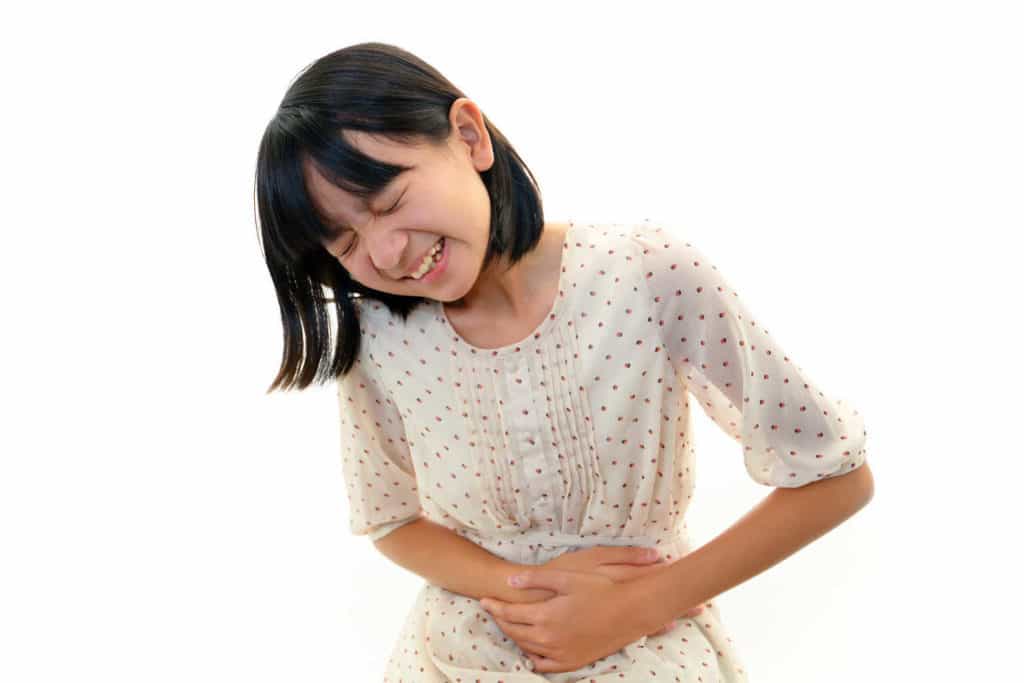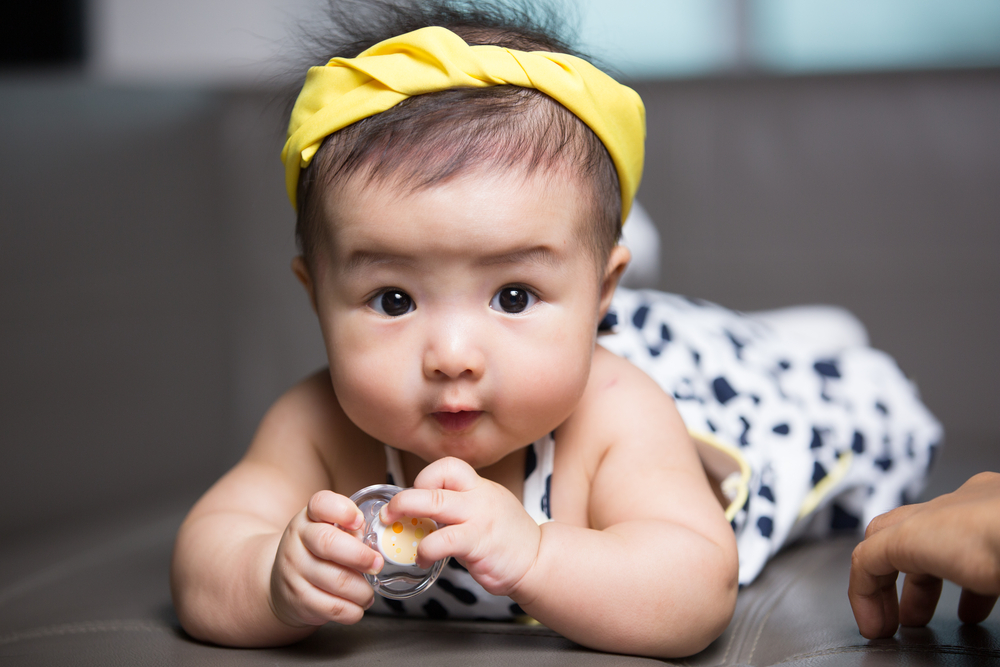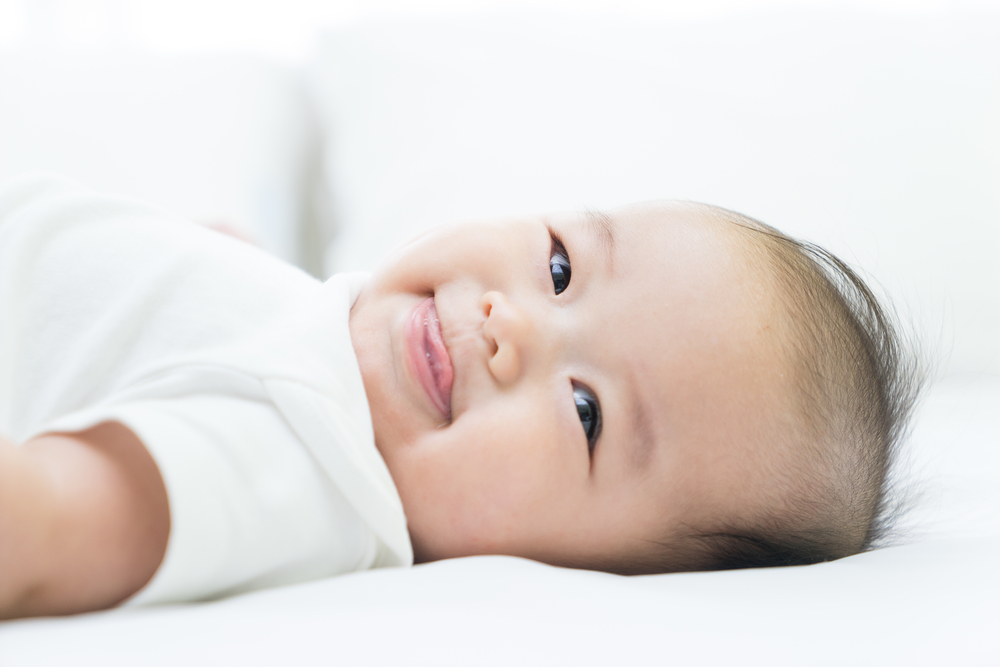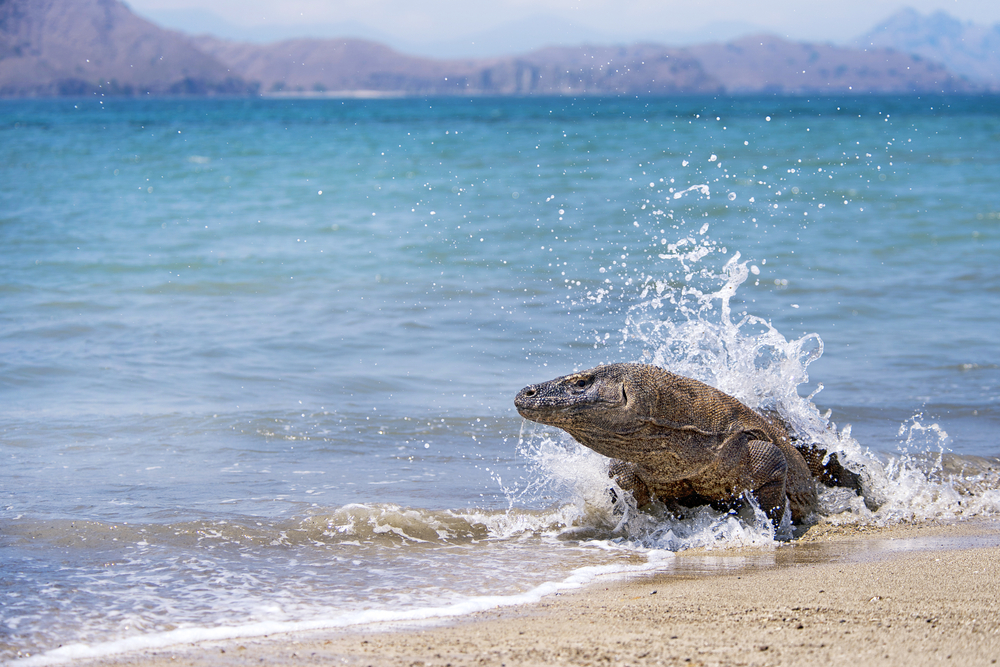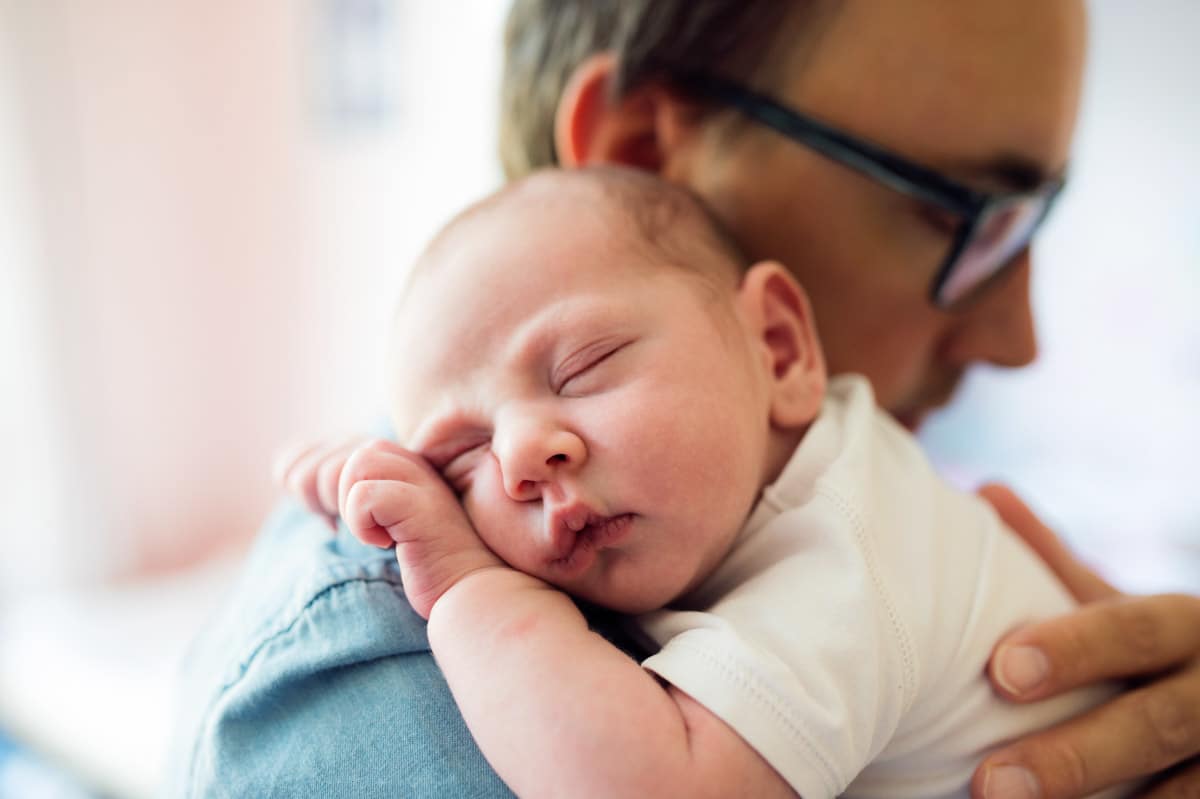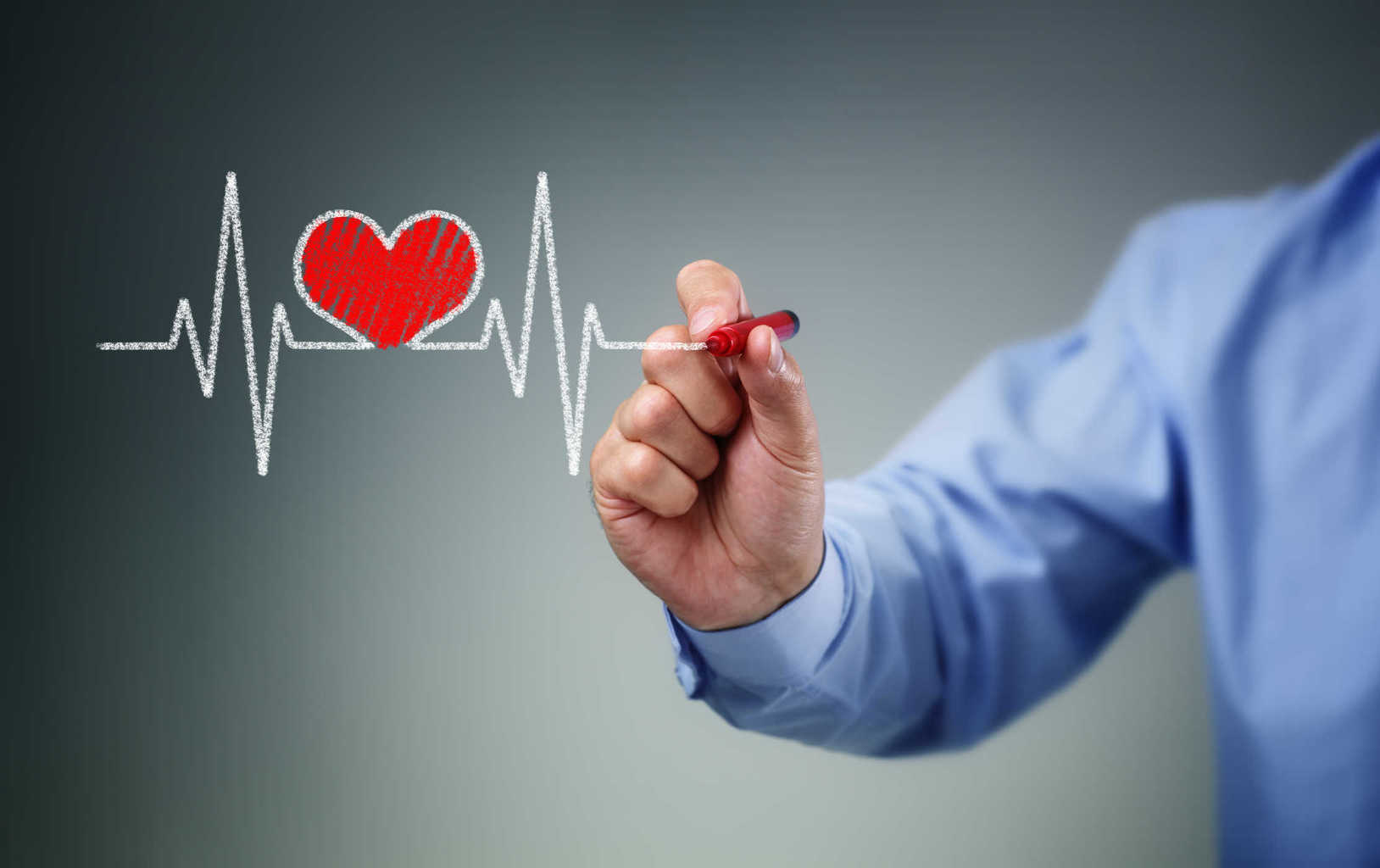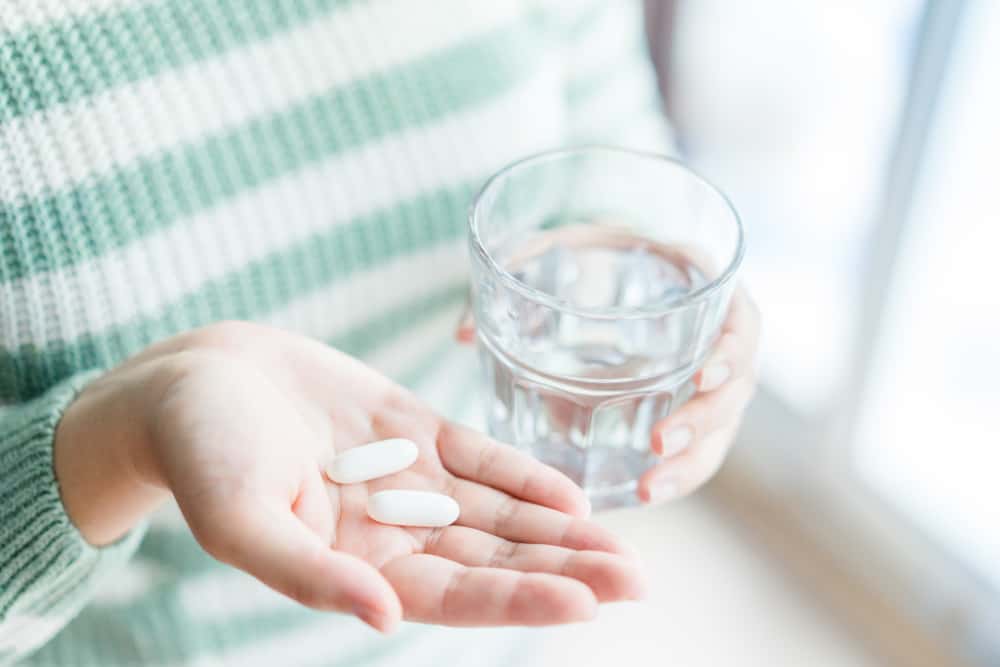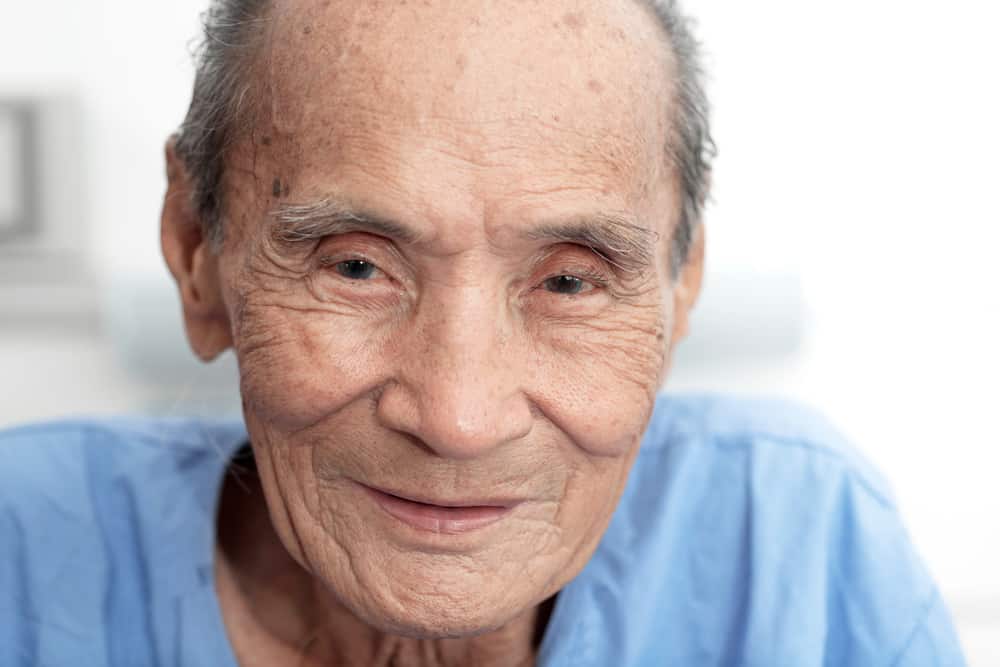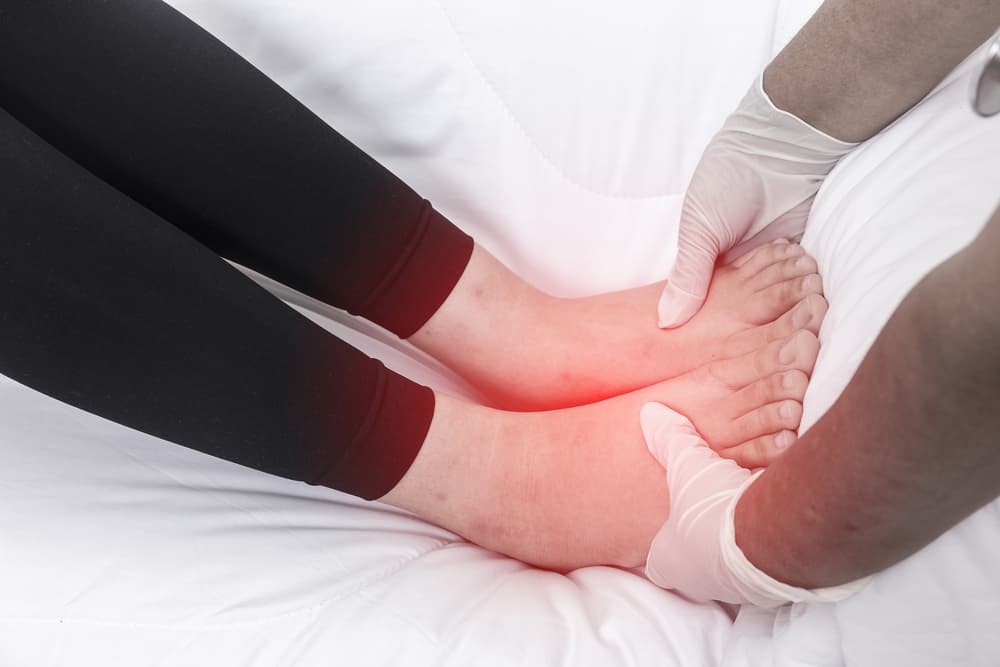Contents:
- Medical Video: Best Food To Eat During Vomiting & Nausea , What To Eat After Vomiting ?, Food to Eat After Vomiting
- Get to know the symptoms of food poisoning in children
- How to treat food poisoning
- Prevent food poisoning
Medical Video: Best Food To Eat During Vomiting & Nausea , What To Eat After Vomiting ?, Food to Eat After Vomiting
Food poisoning can occur if your food or drink is mixed with poisons or harmful substances. Generally, food poisoning in children is caused by careless snacks, or eating foods that are processed and cooked in an improper way. Learn how to deal with and prevent food poisoning in children in this article.
Get to know the symptoms of food poisoning in children
Here are some symptoms of food poisoning in children that you should be aware of:
- Stomach ache
- Feel nauseous, then followed by vomiting
- Diarrhea and back and forth to the toilet
- Fever and sweating a lot
- There is blood in the stool
How to treat food poisoning
Usually food poisoning will heal itself in a few days. To make your child feel better, make sure that they:
- Get enough rest
- Eat lots of fluids to avoid dehydration. Electrolyte drinks will be better, your child can drink anything except milk and drinks that contain caffeine
- Drink a little, but regularly so that the body more easily absorbs the liquid
- Don't eat solid food as long as diarrhea has not subsided
Do not give diarrhea medicine without a prescription because it can make the symptoms of poisoning last longer. When diarrhea and vomiting stop, give your child low-fat, tasteless food for several days to prevent the stomach from reacting. If the symptoms of poisoning are getting serious or your child has symptoms of dehydration, call your doctor immediately.
The doctor will ask what foods your child ate last time and since when the symptoms of poisoning occurred. Then the doctor will examine your child, starting from taking blood samples, feces, and urine to be examined in the laboratory. The result will help the doctor to find out the cause of poisoning. Usually, doctors will prescribe antibiotics to kill bacteria that cause poisoning.
Prevent food poisoning
Follow the following tips to avoid your family from food poisoning.
- Familiarize your family to always wash their hands, especially after urinating, before eating, and after touching raw food. Use soap and warm water, then wash your hands for 15 seconds.
- Clean all cooking utensils you use with soap and hot water.
- Don't give unpasteurized milk to your family.
- Wash all vegetables and fruits that you don't peel clean.
- Separate raw foods (chicken, meat and seafood) from other types of food.
- Use food that is not durable or food with a short expiration date (not many years).
- Cook animal foods with safe temperatures. For beef and pork, at least 71 degrees Celsius. Thick meat cutting, safe temperature is 63 degrees Celsius. For chickens and turkeys (which are chopped or fortified) at least 74 degrees Celsius. Cook chicken eggs until the egg yolks are cooked. Cook fish after reaching 63 degrees Celsius.
- Put the remaining food in a container with a tight lid, store it in the refrigerator.
- Take out the food that you have stored in the freezer and place it in the refrigerator, microwave or cold water. Food should not be thawed / softened at room temperature.
- If the food has expired, it feels strange, or it smells bad, it's better to throw it away.
- If you are pregnant, avoid eating meat or seafood raw or undercooked, seafood smoked (smoked), raw eggs, and products containing raw eggs, soft cheese, unpasteurized milk and juice, ready to eat salad, and meat for lunch.
- Do not drink water from rivers or wells that are not sterilized.
If someone in your family is experiencing food poisoning, tell the health institution near where you live. The clerk there may be able to explain the cause and stop the potential for transmission that can affect others.

